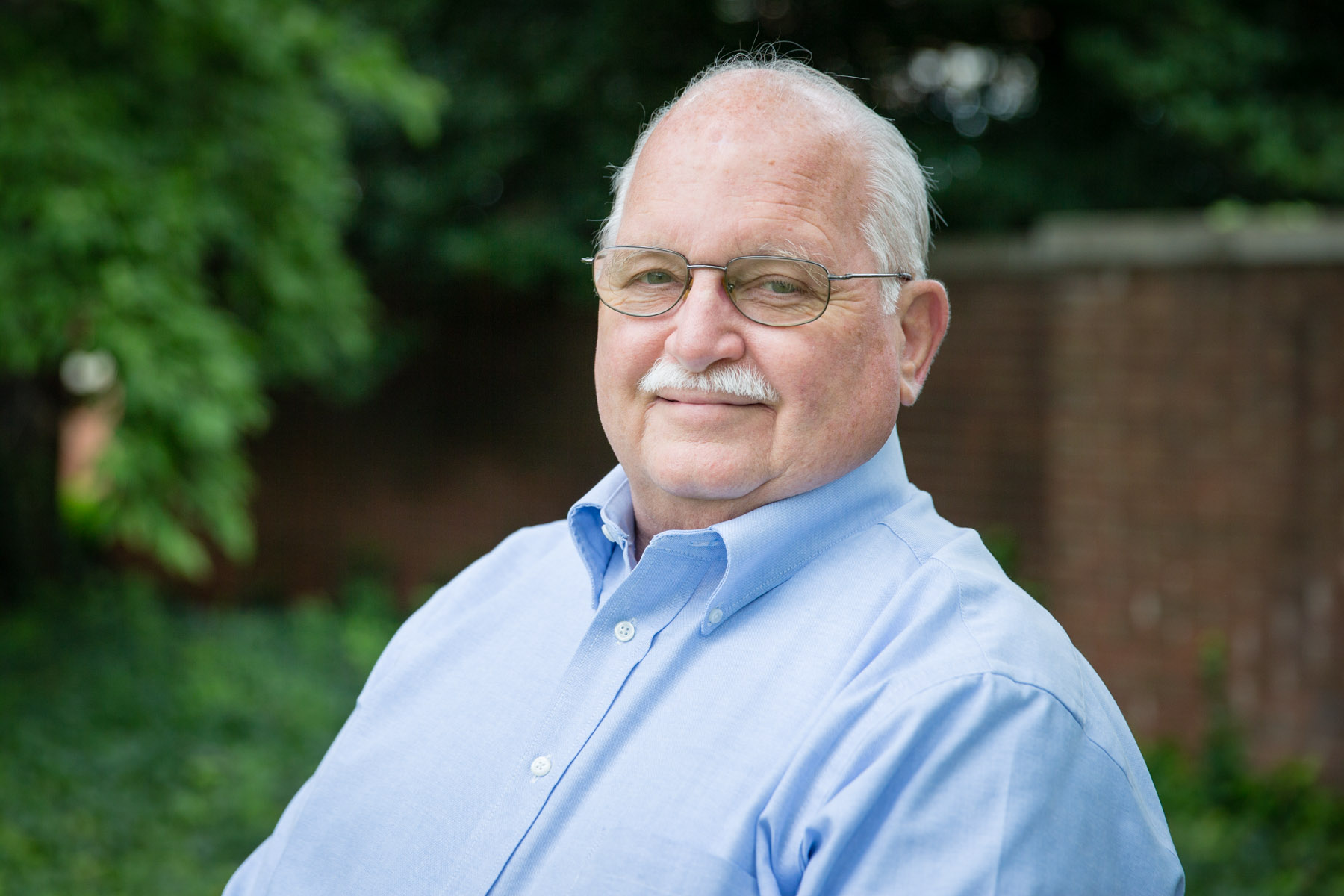When University of Virginia astronomer Charlie Tolbert got a call last month from Chris Ford, an executive at Pixar Animation Studios in Los Angeles, he wondered what for.
“I’m not an actor,” Tolbert said.
It turned out that Ford is an amateur astronomer who serves on the board of directors of the Astronomical Society of the Pacific, a major organization of professional and amateur astronomers.
He was calling Tolbert to inform him that he had won the society’s 2013 Richard H. Emmons Award for Excellence in College Astronomy Teaching.
The award, and a $500 check, will be presented to Tolbert on July 23 during the society’s annual meeting in San Jose, Calif.
Tolbert, an astronomy professor emeritus in the College of Arts & Sciences, taught the wonders of the universe in introductory astronomy courses to perhaps 30,000 students during a 40-year teaching career at U.Va.
He was nominated for the Emmons Award by his longtime astronomy colleagues John Hawley and Roger Chevalier, and by his former teaching assistant Phil Plait, an astronomer, author, lecturer and the proprietor of the popular “Bad Astronomy” blog.
“Throughout his career, Charlie Tolbert has been a dedicated leader in astronomy education,” said Hawley, an astronomy professor and the associate dean for science in the College. “Charlie has always emphasized the nature of the scientific method and the rational skepticism required of an informed citizen in the modern era. And Charlie was one of the most popular and engaging teachers at U.Va. and his class was one of three on the undergraduates' list of ‘essential U.Va. experiences.’”
“I loved teaching,” said Tolbert, who retired in 2010, but maintains an office and active engagement in the astronomy department. “It gave me great pleasure, and when I walked into class and saw those students’ faces, my adrenaline was pumping. I could tell jokes and get laughs and could really engage the students. It is a bit like acting. And each year I got a new group of students and could retell the same jokes.”
While some instructors prefer to teach small classes, Tolbert loved the large lecture hall format. He started teaching in 1969, small classes of 25 or so students. As his courses grew in popularity, he had to keep finding bigger classrooms. Eventually Tolbert settled into the Chemistry Building auditorium, where he taught about 400 students per class.
“It’s fun to get a response from a large group like that,” he said. “It’s a very rewarding activity and a bigger thrill than small classes; there’s more activity and questions and reaction from the students.”
Tolbert taught “The Sky and Solar System” one semester, and “Stars and Galaxies” the next. The courses are now taught primarily by astronomer Edward Murphy, who maintains the large class sizes that Tolbert built up over the years. Tolbert also taught smaller classes during the summers.
His own interest in astronomy began when he was a physics major at the University of Richmond in the late 1950s. He went to an amateur astronomy meeting and for the first time looked at Saturn through a telescope set up in a backyard. He was astounded by the beauty of the gaseous planet and its colorful rings of dust, rock and ice.
“For anybody who has never seen it, you must!” he said.
That glimpse eventually led to a Ph.D. in astronomy at Vanderbilt University, and then a postdoctoral fellowship at the University of Groningen in Holland, where he met his wife. He then worked as a researcher at the Kapteyn Astronomical Laboratory before returning to the U.S. and a position at U.Va.
He spent the rest of his career trying to convey the excitement of astronomy to students who may never have had the opportunity to stare at the stars through the glare of city lights.
He even covered the history of the science – how an understanding of the workings of the solar system and the locations of the constellations led to innovations in timekeeping, mathematics, navigation and modern-day Global Positioning Systems.
“Astronomy is part of the history of human thought, of our ability to come to understand things we cannot touch,” he said.
During his career, Tolbert served as the education officer for the American Astronomical Society; as chair of the Committee on Physics Education for the American Institute of Physics; and has been a member of the International Astronomical Union’s Commission on Astronomy Education and Commission on the Exchange of Astronomers; as well as a member of the American Institute of Physics Programs Policy Committee.
In the 1980s, he served for eight years on the Albemarle County School Board, including a stint as chair, as well as with the Piedmont Regional Educational Program.
Media Contact
Article Information
July 3, 2013
/content/astronomer-tolbert-wins-emmons-award-excellence-teaching

